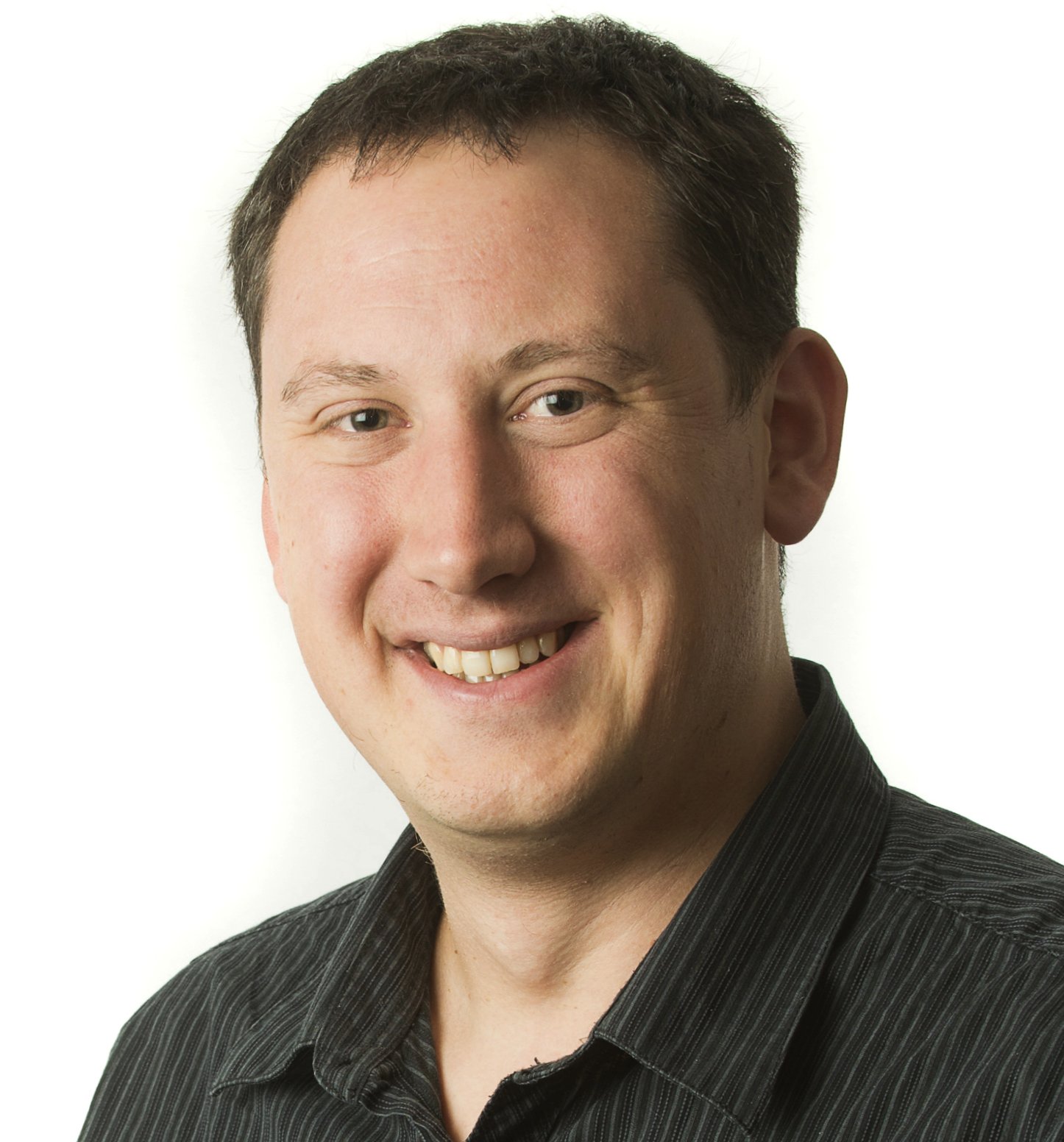BIO - John Collomosse
Professor of Computer Vision and Artificial Intelligence, University of Surrey
Principal Scientist, Adobe Research.

Professor John Collomosse is the founder and director of DECaDE, the UKRI Research Centre for the Decentralized Digital Economy led by CVSSP at the University of Surrey [1]. His research intersects Artificial Intelligence (AI) and Distributed Ledger Technology (DLT), with focus on media provenance to fight misinformation and online harms, and on improving data integrity and attribution for responsible AI. He concurrently leads an AI research group at Adobe Research in Silicon Valley, where he leads research for the Content Authenticity Initiative (CAI) as well as two cross-industry task forces within the C2PA open standards body for media authenticity. His research has also explored creative forms of visual search and content recommendation, and immersive technologies. He is a chartered engineer and member of the UKRI science council (EPSRC) advisory team for Information & Communication Technologies (ICT).
Key Achievements
John has published over 140 papers (h-Index 40) and 30 patents in Artificial Intelligence (AI), spanning a 20 year career in AI that began with his first Faculty tenure-track appointment at the University of Bath aged only 25. He is now concurrently both a Professor of AI at the University of Surrey, and a Principal Scientist at Adobe Research, where he leads on AI research for the Content Authenticity Initiative (CAI). He is a Chartered Engineer (C.Eng), and Fellow of both the IET (FIET) and British Computer Society (FBCS). Between 2018-2024 he was a strategic advisor (SAT member) to the UK Science Council (EPSRC) ICT research portfolio. John founded and directs DECaDE, the national UKRI Research Centre for the Decentralized Digital Economy researching AI/Blockchain technologies for the future of the creative economy.
John’s research focuses on media provenance – tracing the origin of images, video etc. – in order to fight misinformation and enhance responsible use of AI. Notably, he led the ARCHANGEL project (2017) which pioneered use of AI and Blockchain to tamper-proof National Archives around the world, including the UK and USA (NARA) National Archives. The research was identified by the UK Science Council (EPSRC) as a highlight of its 10-year UKRI Digital Economy programme.
John leads AI research for Adobe’s Content Authenticity Initiative (CAI) and is a core technical advisor to the initiative since his early involvement in its inception in 2019. Now with 4000+ members, CAI leads a cross-industry standards group (C2PA; Coalition for Content Provenance and Authenticity) where John chairs two cross-industry task forces focused on Blockchain and watermarking for media provenance. Notably, John’s content fingerprinting research is used to protect millions of images daily across Adobe’s platforms such as Photoshop, Lightroom and generative AI Firefly tools. John has presented his provenance work in international keynotes including at CVPR, ECCV, and to UK/EU government and public bodies including the IET, government roundtables and at evidence sessions to All-Party Parliamentary Group (APPG) on Blockchain.
John pioneered several AI visual search technologies, such as searching image collections based on their artistic style, using hand-drawn sketches, or using human pose to search choreography. These technologies were shipped in platforms such as Behance.net, and the AHRC Digital Dance Archives portal. John also developed the University of Surrey’s first taught modules in Computer Vision and AI/Deep Learning, and its first AI Masters (MSc.) programme combining AI, Robotics and Computer Vision. He was awarded the University’s Tony Jeans prize for inspirational teaching in 2016.
John’s early/PhD thesis research developed some of the earliest computer vision technologies to create the kind of artistic filtering effects now commonly found in tools like Instagram or Photoshop, and was featured in the BBC, New Scientist and front-page of the Times Higher (THES) also reaching the final of the UK Parliament ‘SET for Britain’ competition. John has also spent previous periods of time in industry R&D, including at Hewlett Packard Labs (Bristol) under a Royal Academy of Engineering (RAEng) fellowship, as well as Vodafone R&D (Munich) and IBM Research Europe (Hursley). At IBM he worked on machine language translation. If you used a cash machine (ATM) circa 2000, then you probably ran code that John’s code had written!
[1] Centre for Vision Speech and Signal Processing (CVSSP)
CVSSP was established by Prof Josef Kittler in 1986. Directed now by Prof. Adrian Hilton, CVSSP forms part of the Department for Electronic Engineering at Surrey, which received the highest rating of 5**A in the 2001 RAE, and ranked 2nd in the 2008 RAE with the highest number of research active staff. CVSSP has grown into the largest UK Computer Vision research group with over 170 researchers, maintaining an internationally leading reputation for research in four main areas: pattern recognition, computer vision, biometrics, and visual media. Spin out companies from CVSSP members include AvatarMe, Mirriad, and Omniperception.